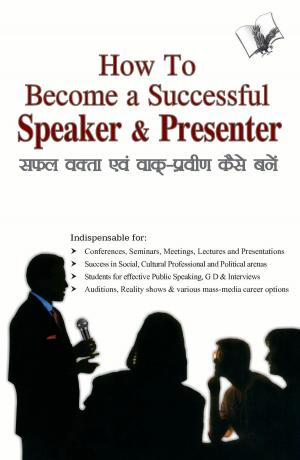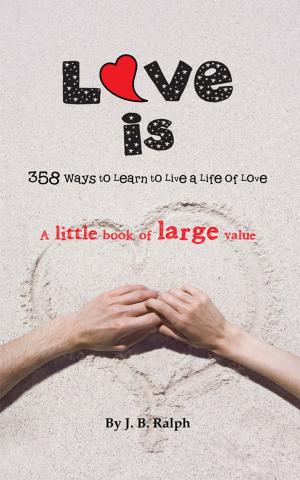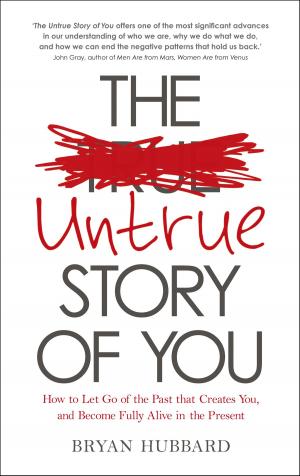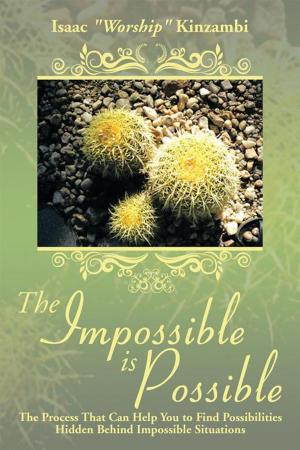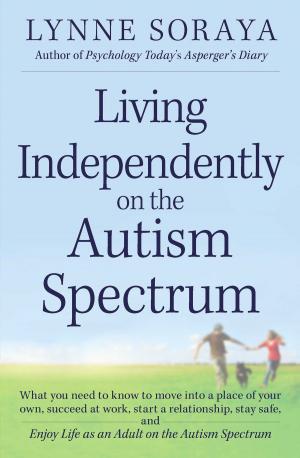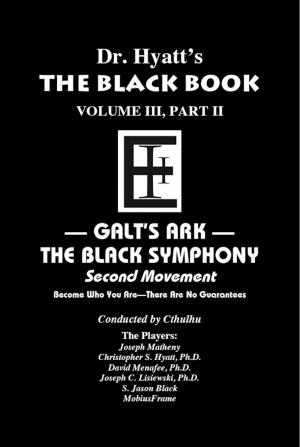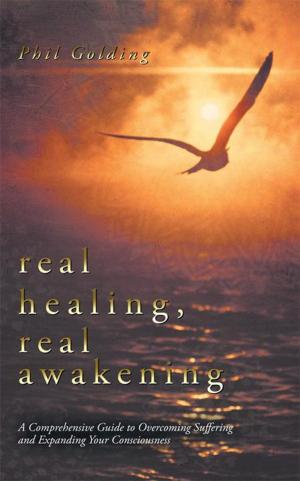The Mental and Emotional Tool Kit
Nonfiction, Health & Well Being, Psychology, Emotions, Self Help, Self Improvement| Author: | Ray Mathis | ISBN: | 9781301797868 |
| Publisher: | Ray Mathis | Publication: | April 25, 2013 |
| Imprint: | Smashwords Edition | Language: | English |
| Author: | Ray Mathis |
| ISBN: | 9781301797868 |
| Publisher: | Ray Mathis |
| Publication: | April 25, 2013 |
| Imprint: | Smashwords Edition |
| Language: | English |
At times, we all have more emotion than we'd like to have. Emotion is energy to move, and too much of it makes people react to life instead of responding to it. It often causes us to make mistakes with other people. For some, it gives purpose to unhealthy, self-defeating behavior that they struggle to stop engaging in. Generating emotion is part of being human, but not some inevitable product of what happens to us. This book will help you gain control of your emotions. It can teach you how to have true response-ability, or the ability to respond to life in the best possible way rather than reacting to it.
One of the biggest reasons people generate more emotion than is necessary or helpful is that they wrongly believe that what others say and do, and what happens, makes them feel the way they do. This puts them at the mercy of others and events in their lives. It causes them to miss many opportunities to feel better. It's not the events of our lives that dictate how we feel. It's the thoughts we have about them. Thoughts cause feelings, not events. We all have a host of cognitive choices we make all the time that really determine how we feel. This book will help you identify those and teach you how to use those "tools" to your advantage, to feel better, and the way you'd like to feel.
The way we make these cognitive choices determine how we feel about any and everything, including ourselves. Too often people make them in ways that cause them to generate too much shame. Shame is what people feel when they believe they haven't lived up to expectations, either others or their own. Shame can play out in many unhealthy ways. It can be the primary feeling people seek relief from through alcohol, drugs, and even suicide. It also causes people to keep secrets, which allows them to rehearse and practice irrational thoughts they have to the point that simple, and often erroneous opinions about themselves, others and life start to feel like facts. Shame also plays out as anxiety and anger. Low self-esteem is basically shame about the past, and anxiety about the future because of it. The solution to the problem of shame is not to shower people with compliments or affirmations, but to teach and encourage people to make their cognitive choices in a way that allows them to have Unconditional Self-Acceptance. This book will do that.
Long ago Dr. Albert Ellis identified a pattern to the way people think when they upset themselves more than is necessary or helpful, and do things that make their lives worse instead of better. This book will teach you to recognize this pattern in yourself and others, and how to correct such thinking.
People tend to have "ruts" in their brains for thinking, feeling, saying and doing things the way they always have. "Ruts" make their thoughts, feelings and actions automatic. That can be a good or bad thing, depending on what their thoughts, feelings and actions are. When their thoughts, feelings and actions make their lives worse instead of better, it helps to have a step-by-step approach to life events that will allow people to stay out of their "ruts", and help them think, feel, say and do things differently, and in ways that will make their lives better instead. This book will teach you such an approach.
Part of that approach is recognizing when you and others have "mistaken" goals that get you off course from getting where you'd really like to be in life. Another part is having a simple, non-judgmental way to evaluate your own thoughts, feelings and actions with respect to your real life goals. This book will teach you to do both things.
If you're struggling in any way, this book can be a major "shot in the arm" for you. It can also teach you mental and emotional self-defense and give you mental and emotional fitness. If you're a parent, there are no greater gifts you could give your children.
At times, we all have more emotion than we'd like to have. Emotion is energy to move, and too much of it makes people react to life instead of responding to it. It often causes us to make mistakes with other people. For some, it gives purpose to unhealthy, self-defeating behavior that they struggle to stop engaging in. Generating emotion is part of being human, but not some inevitable product of what happens to us. This book will help you gain control of your emotions. It can teach you how to have true response-ability, or the ability to respond to life in the best possible way rather than reacting to it.
One of the biggest reasons people generate more emotion than is necessary or helpful is that they wrongly believe that what others say and do, and what happens, makes them feel the way they do. This puts them at the mercy of others and events in their lives. It causes them to miss many opportunities to feel better. It's not the events of our lives that dictate how we feel. It's the thoughts we have about them. Thoughts cause feelings, not events. We all have a host of cognitive choices we make all the time that really determine how we feel. This book will help you identify those and teach you how to use those "tools" to your advantage, to feel better, and the way you'd like to feel.
The way we make these cognitive choices determine how we feel about any and everything, including ourselves. Too often people make them in ways that cause them to generate too much shame. Shame is what people feel when they believe they haven't lived up to expectations, either others or their own. Shame can play out in many unhealthy ways. It can be the primary feeling people seek relief from through alcohol, drugs, and even suicide. It also causes people to keep secrets, which allows them to rehearse and practice irrational thoughts they have to the point that simple, and often erroneous opinions about themselves, others and life start to feel like facts. Shame also plays out as anxiety and anger. Low self-esteem is basically shame about the past, and anxiety about the future because of it. The solution to the problem of shame is not to shower people with compliments or affirmations, but to teach and encourage people to make their cognitive choices in a way that allows them to have Unconditional Self-Acceptance. This book will do that.
Long ago Dr. Albert Ellis identified a pattern to the way people think when they upset themselves more than is necessary or helpful, and do things that make their lives worse instead of better. This book will teach you to recognize this pattern in yourself and others, and how to correct such thinking.
People tend to have "ruts" in their brains for thinking, feeling, saying and doing things the way they always have. "Ruts" make their thoughts, feelings and actions automatic. That can be a good or bad thing, depending on what their thoughts, feelings and actions are. When their thoughts, feelings and actions make their lives worse instead of better, it helps to have a step-by-step approach to life events that will allow people to stay out of their "ruts", and help them think, feel, say and do things differently, and in ways that will make their lives better instead. This book will teach you such an approach.
Part of that approach is recognizing when you and others have "mistaken" goals that get you off course from getting where you'd really like to be in life. Another part is having a simple, non-judgmental way to evaluate your own thoughts, feelings and actions with respect to your real life goals. This book will teach you to do both things.
If you're struggling in any way, this book can be a major "shot in the arm" for you. It can also teach you mental and emotional self-defense and give you mental and emotional fitness. If you're a parent, there are no greater gifts you could give your children.

